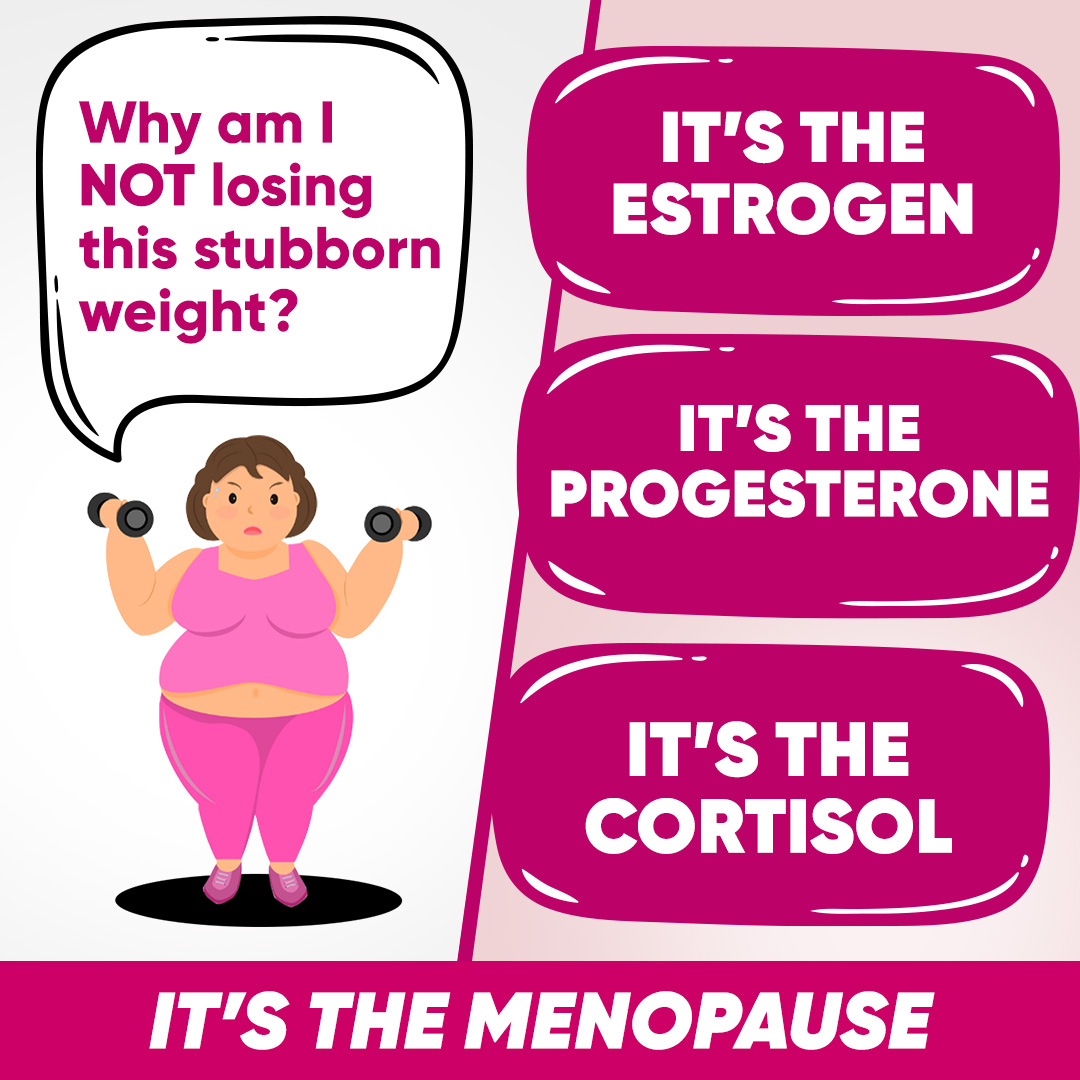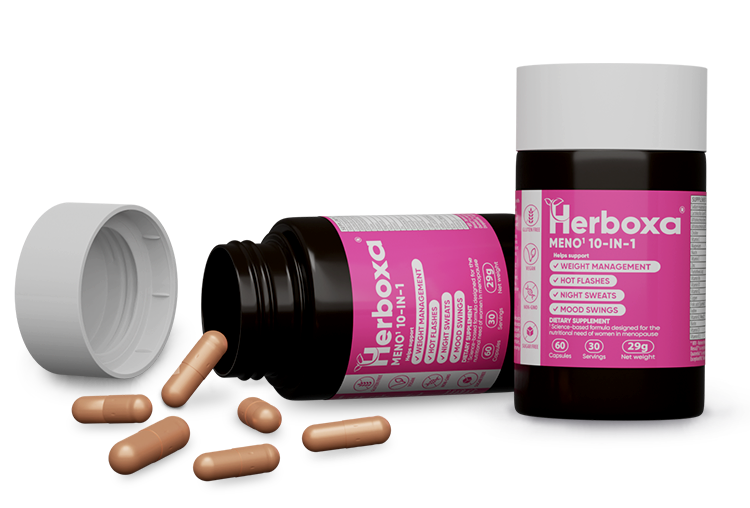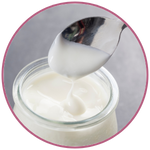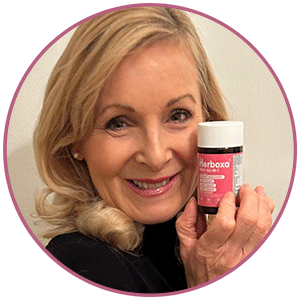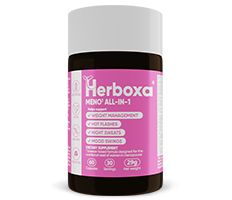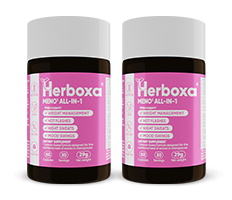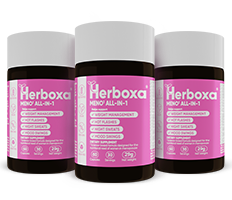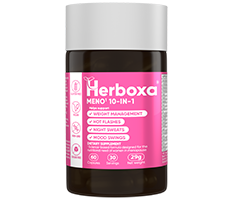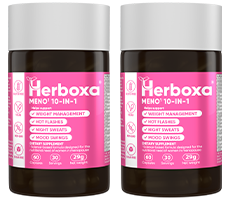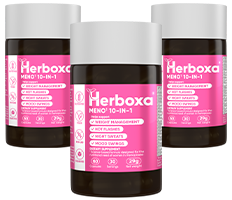
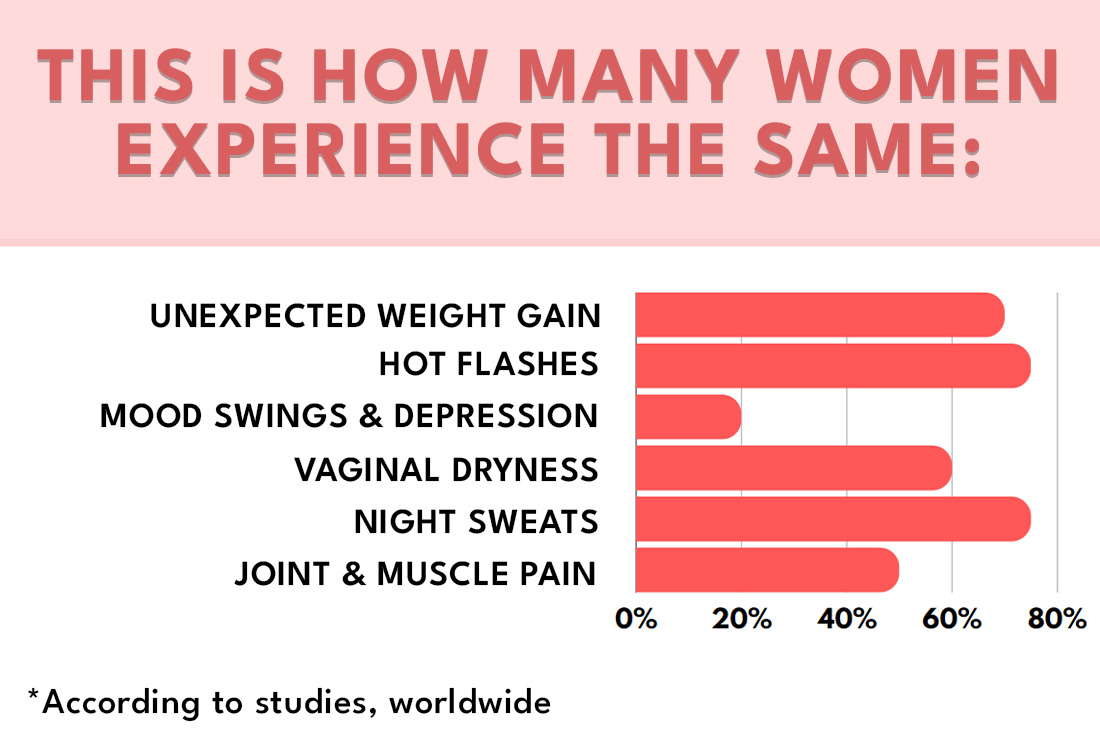

WHY MENOPAUSAL WOMEN GAIN WEIGHT?
Slower metabolism:
Research shows that during menopause, a woman's metabolism can decrease by around 10%, which equates to burning 100 fewer calories per day. This can result in a weight gain of 10 pounds over a year, even without changes in eating habits. (Source: Journal of Clinical Endocrinology & Metabolism)
Change in fat distribution:
As women enter menopause, their fat storage relocates from their thighs and hips to their midsection, according to a study published in the American Journal of Obstetrics & Gynecology. It's not just about gaining weight anymore; it's about where that weight is being stored.
Increased appetite:
Changes in estrogen levels can cause an increase in appetite, according to a study published in the Journal of Women's Health. It's like constantly receiving dinner invitations from your body, even when you're not hungry.
Loss of muscle mass:
Estrogen influences how muscles use energy, helping in prolonged endurance activities by enhancing the use of fat as a fuel source. With declining estrogen, muscles might fatigue more quickly. (Source: Endocrinology and Metabolism Clinics)
Insulin Sensitivity:
As estrogen levels drop, insulin (the hormone that regulates blood sugar) becomes less effective. This can lead to increased fat storage and, in some cases, a higher risk of type 2 diabetes.
Menopause is a complex hormonal shift that can cause a variety of changes in a woman's body and mind. While weight gain is a common symptom, menopause can also affect women physically and emotionally in different aspects.
During menopause, levels of estrogen and progesterone decline.
This leads to mood swings, weight gain, irritability, depression, sleep disturbances, vaginal dryness, and skin and hair changes.
On the other hand, cortisol levels increase during menopause. This can worsen menopausal symptoms and contribute to stress-related health problems.
WHY HORMONAL IMBALANCE CAN AFFECT MENOPAUSAL WOMEN BOTH EMOTIONALLY AND PHYSICALLY?
Mood swings and irritability
Estrogen and progesterone have a direct impact on mood-regulating neurotransmitters like serotonin. Fluctuations can lead to mood swings, irritability, and even depression. Estrogen, in particular, has been shown to have antidepressant and mood-stabilizing effects. As its levels decline, emotional well-being can be affected.
Sleep disturbances
Progesterone, known as a "calming" hormone, has sedative effects and promotes sleep. As its levels drop during menopause, sleep disturbances arise.
A decline in estrogen leads to night sweats and hot flashes, which disrupt sleep patterns.
Cortisol, known as the "stress hormone," or elevated cortisol levels, especially in the evening, can interfere with restful sleep.
Vaginal dryness
Estrogen maintains the health and elasticity of vaginal tissues. A decrease in estrogen leads to vaginal dryness, making intimacy uncomfortable or even painful.
Skin and hair changes
Estrogen promotes skin hydration, elasticity, and collagen production. As levels drop, skin can become drier, less elastic, and more prone to wrinkles. Estrogen also impacts hair follicles. A decline can lead to hair thinning or even loss.
Bone Loss
Estrogen plays a crucial role in bone health by promoting the activity of osteoblasts (cells that produce bone). A decline in estrogen levels can accelerate bone loss, increasing the risk of osteoporosis and fractures.
Stress
Elevated cortisol levels worsen menopausal symptoms. For instance, high cortisol levels can intensify hot flashes and further disrupt sleep.
Yes, there are natural solutions to hormonal imbalance. Herboxa® MENO ALL-IN-1 is a natural supplement that is specifically designed to support hormonal balance in women. It is a holistic blend of science-backed substances, designed to help you thrive throughout and beyond menopause.
Herboxa® MENO ALL-IN-1 is carefully formulated with natural ingredients that are gentle and effective, helping to bring balance to the body without harsh chemicals or synthetic hormones.
Herboxa® MENO ALL-IN-1 takes pride in providing women with a natural solution to address the most prevalent hormonal imbalances.
Hormonal imbalance can cause a variety of symptoms, including weight gain, mood swings, fatigue, and difficulty sleeping. Herboxa® MENO ALL-IN-1 can help reduce these symptoms and improve your overall health and well-being.

ExceptionHYAL® Blossom
offers relief from vaginal dryness, itching, pain, urinary urgency, and bone fragility.
It works in various parts of the body, increasing the hydration of the vaginal mucosa to alleviate itching, dyspareunia, vaginal atrophy, and pain.
Additionally, it supports bone regeneration, providing support against osteoporosis.

Folic acid (as 5-Methyltetrahydrofolic Acid) Quatrefolic®:
Elevates progesterone levels, helping to significantly reduce menopausal hot flashes and general women's well-being. Even after menopause, women should meet their daily folic acid recommendations.

Vitamin K2 (Menaquinone-7) (as MenaQ7®):
This is the gold standard of vitamin K forms, known for its superior absorption and lasting effects. For menopausal women, it's a game-changer. It not only helps prevent bone loss but also guides the body in using calcium effectively, building strong bones and significantly reducing the risk of osteoporosis.
Bifidobacterium breve (B. breve)
It not only aids digestion and reduces inflammation but also plays a role in balancing hormones. By producing estrogen-like compounds, it can help ease common menopausal symptoms like hot flashes, night sweats, and mood swings.
Lactobacillus gasseri (L. gasseri)
it aids digestion, alleviates menopausal symptoms such as hot flashes and night sweats, and even promote weight loss. It also helps to restore and maintain normal vaginal flora.
Bifidobacterium lactis (B. Lactis)
is widely known for its profound benefits in metabolic regulation, making it an ideal choice for menopausal women. This powerful probiotic not only boosts the metabolism but also reduces common menopausal symptoms such as hot flashes and night sweats. By optimizing gut health and harmonizing hormonal levels, it ensures a holistic sense of well-being that will make you feel as good on the inside as you look on the outside.
Magnesium (as Magnesium Oxide)
is the best form of magnesium for menopause as this form is the most easily absorbed by the body. Magnesium is an essential mineral that can help to reduce menopausal symptoms such as hot flashes, night sweats, and mood swings. It is also important for maintaining bone health and reducing the risk of heart disease, stroke, and osteoporosis.
Zinc (as Zinc oxide)
is the best form of zinc for menopause as this form is the most easily absorbed by the body. It's a crucial mineral that can provide a range of advantages for women who are going through menopause. In addition to reducing common symptoms such as hot flashes, night sweats, and mood swings, it also aids the body in effectively metabolizing vitamin A, which is vital for healthy skin, hair, and nails. Zinc oxide is also essential for muscle growth and recovery, and it helps to strengthen bones and prevent osteoporosis. Furthermore, it helps to maintain balanced testosterone levels in the bloodstream, which can improve libido, energy levels, and overall well-being.
Iodine (as Potassium Iodine)
Iodine plays a crucial role in maintaining optimal thyroid function. This essential mineral helps combat common symptoms like fatigue and weight gain while also naturally boosting metabolism to keep you feeling energized. But the benefits don't stop there. Iodine can also enhance memory and cognitive function, ensuring mental clarity even during menopause. Furthermore, it acts as a natural defense against osteoporosis, promoting improved bone density and lasting strength.
Copper (as Copper citrate)
plays a significant role in supporting women during menopause. This mineral helps create red blood cells, improves immunity, and promotes bone health, which is particularly important as bone density may decrease during this phase. Copper also helps combat menopause-related fatigue by facilitating energy production.
Choline bitartrate
is a vital nutrient for menopausal women. It plays a key role in maintaining brain health, particularly in supporting memory and cognitive functions, which can sometimes be challenged during menopause. Additionally, choline is crucial for liver health, ensuring that fats are processed and metabolized efficiently.
Herboxa® MENO ALL-IN-1 contains demands high-quality vitamin support for comprehensive menopause solution.
B COMPLEX vitamins play a key role in the making and activation of the hormone estrogen in the body. Low levels of these vitamins can can result in decreased estrogen levels, leading to the common symptoms of menopause.
Vitamin B1 Mononitrate
Vitamin B1, or thiamine, is essential during menopause as it boosts energy levels, combats fatigue, and supports nervous system health, helping to manage mood swings and irritability. Additionally, it plays a role in heart health, which becomes increasingly vital during this life phase. Ensuring adequate thiamine intake can offer a protective and supportive role for women navigating menopausal challenges.
Vitamin B2 (Riboflavin)
Vitamin B2, commonly known as riboflavin, is beneficial during menopause as it aids in maintaining healthy skin, eyes, and nerve functions. It also plays a pivotal role in energy production, helping to reduce fatigue often experienced by menopausal women. Moreover, riboflavin supports the metabolism of fats, drugs, and steroids, making it a vital nutrient during this transitional phase.
Vitamin B3 (Nicotinamide) (Niacin)
Vitamin B3, also known as niacin, is highly valuable during menopause. It has numerous benefits such as maintaining healthy skin and nerve function, reducing skin dryness and mood fluctuations, and supporting brain function. Additionally, it boosts energy metabolism, helping to alleviate cognitive issues and fatigue.
Vitamin B5 (Pantothenic Acid) (D-Calcium pantothenate)
Vitamin B5 (Pantothenic Acid) is essential during menopause. It boosts energy, optimizes metabolism, and helps maintain hormonal balance, ensuring a smoother menopausal journey.
Vitamin B6 (Pyridoxine hydrochloride)
Vitamin B6 plays a significant role in regulating hormonal activity for menopausal women, and increases progesterone levels. It can also help alleviate mood swings, anxiety and depression.
Vitamin B7 (Biotin)
actively supports the health of skin, hair, and nails, which can be particularly affected during menopause. Moreover, biotin's role in efficiently metabolizing fats, carbohydrates, and proteins ensures that menopausal women maintain their energy levels and overall vitality.
Vitamin B12 (Pyridoxine hydrochloride)
is important during menopause as it helps combat fatigue, supports healthy nerve function and red blood cell formation, and aids in heart health by regulating homocysteine metabolism.
Vitamin D3
is a powerhouse for menopausal women. It strengthens bones, reducing the risk of osteoporosis, and plays a key role in mood regulation, helping combat the mood swings often associated with menopause.
Verified Customer

Verified Customer

Verified Customer
Verified Customer
Verified Customer




































